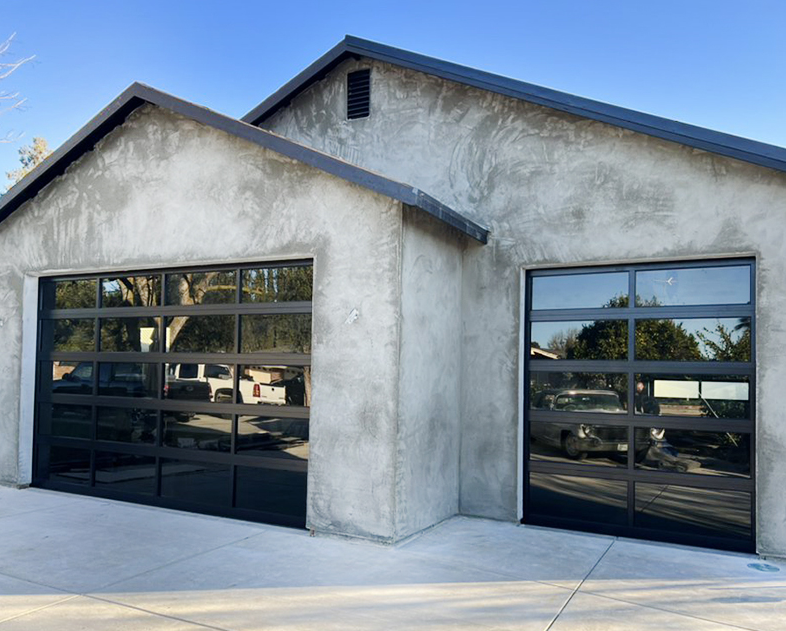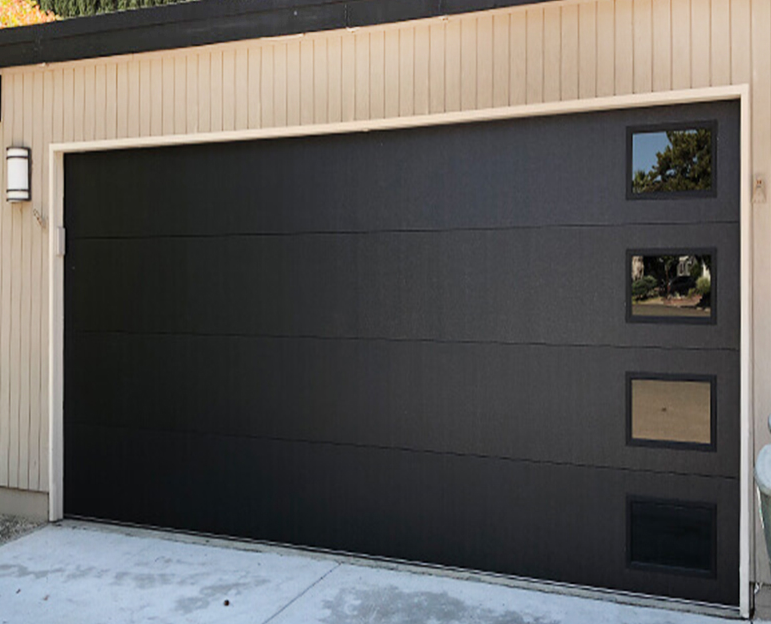insulated panel price
Insulated panel prices represent a crucial consideration in modern construction, offering a comprehensive solution that balances cost-effectiveness with superior thermal performance. These panels, consisting of two metal facings with an insulating core, are engineered to provide exceptional temperature control while maintaining structural integrity. The pricing structure typically reflects various factors, including panel thickness, insulation material quality, and surface finish options. Current market rates generally range from $20 to $40 per square foot, depending on specifications and quantity ordered. These panels incorporate advanced manufacturing techniques that ensure consistent quality and thermal resistance values, making them ideal for both commercial and residential applications. The price point also factors in the panels' ability to reduce energy costs through improved insulation efficiency, potentially offering significant long-term savings. Additionally, installation costs are generally lower compared to traditional building methods, as these panels are designed for quick and straightforward assembly, requiring less labor and time. The durability and weather resistance built into these panels contribute to their value proposition, often lasting 25-30 years with minimal maintenance requirements.


